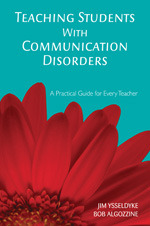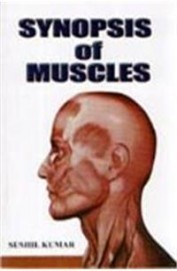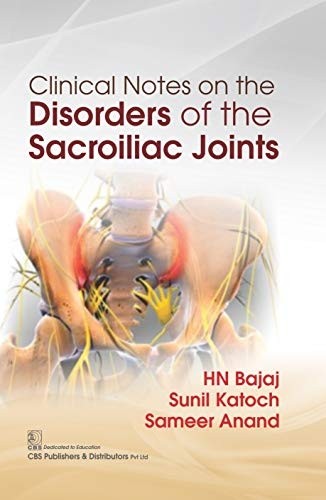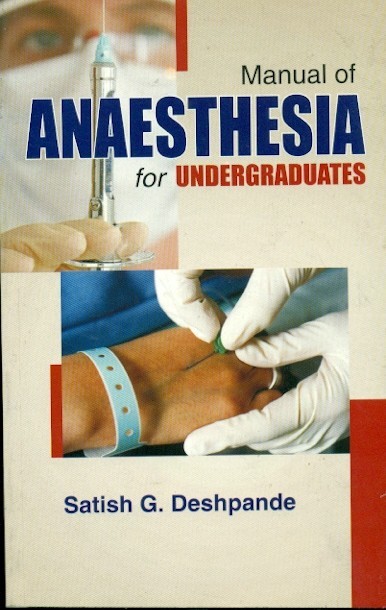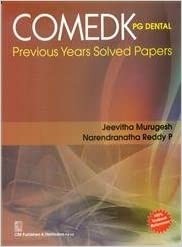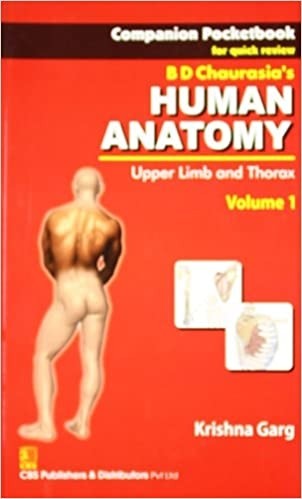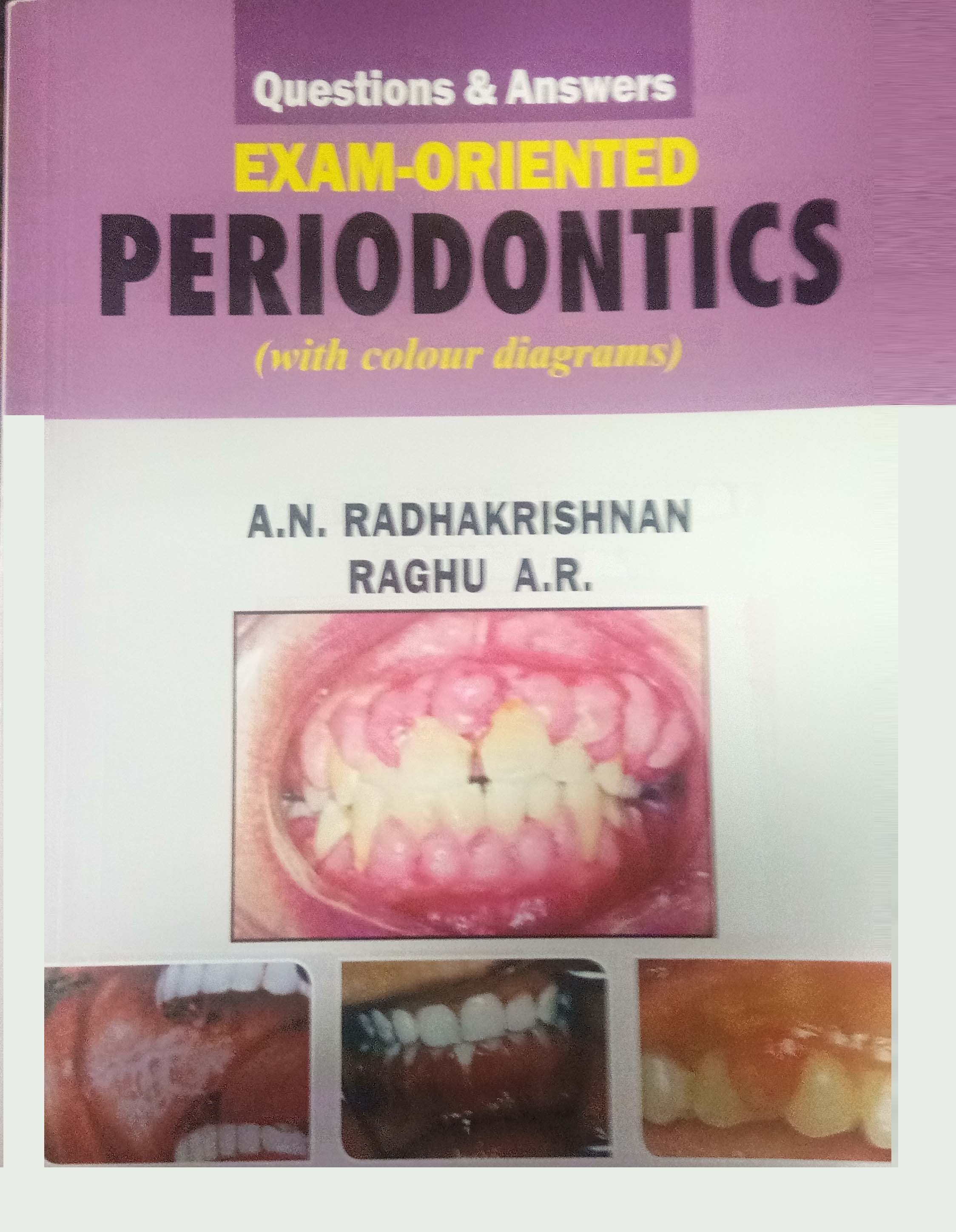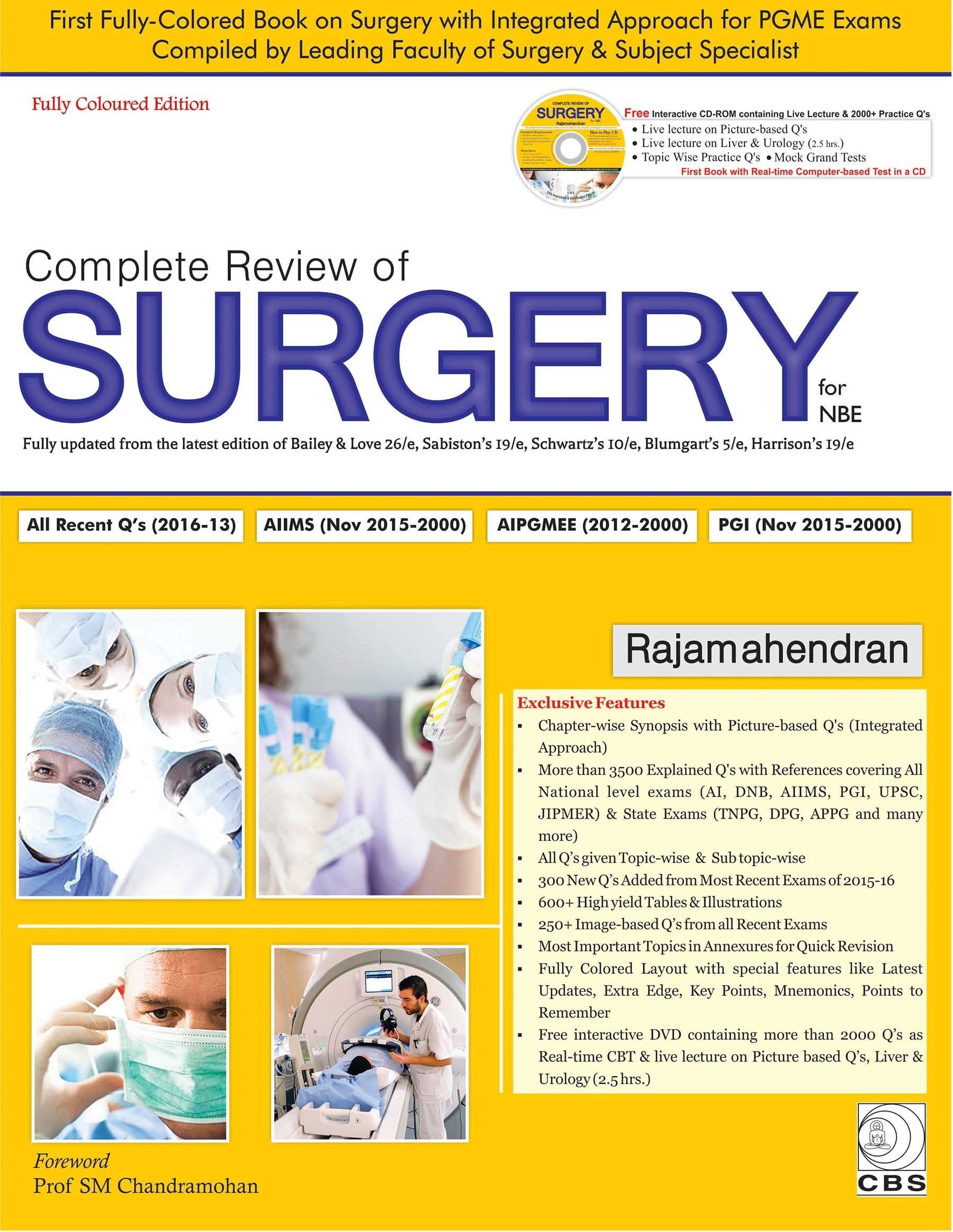Teaching Students With Communication Disorders
no information available
Communication disorders affecting speech and language rank as the second most common reason students receive special education How can special and mainstream education teachers help these students achieve successful outcomes academically and in their interpersonal relationships? Which approaches provide the most beneficial learning experiences, and help build confidence and self-esteem? Teaching Students With Communication Disorders offers tools thelp teachers identify communication disorders, distinguish speech from language impairments, reduce common communication problems, and eliminate negative stereotypes Providing a pre-test, post-test, key vocabulary terms, and additional resources thelp teachers and speech therapists increase their understanding about communication disorders and effective intervention strategies, this valuable resource highlights: Criteria for identifying speech and language disorders Cognitive, academic, physical, behavioural, and communication characteristics of common communication disorders Appropriate teaching and class management strategies Trends and issues influencing instructional approaches and the delivery of speech and language services ... Read more Read less

